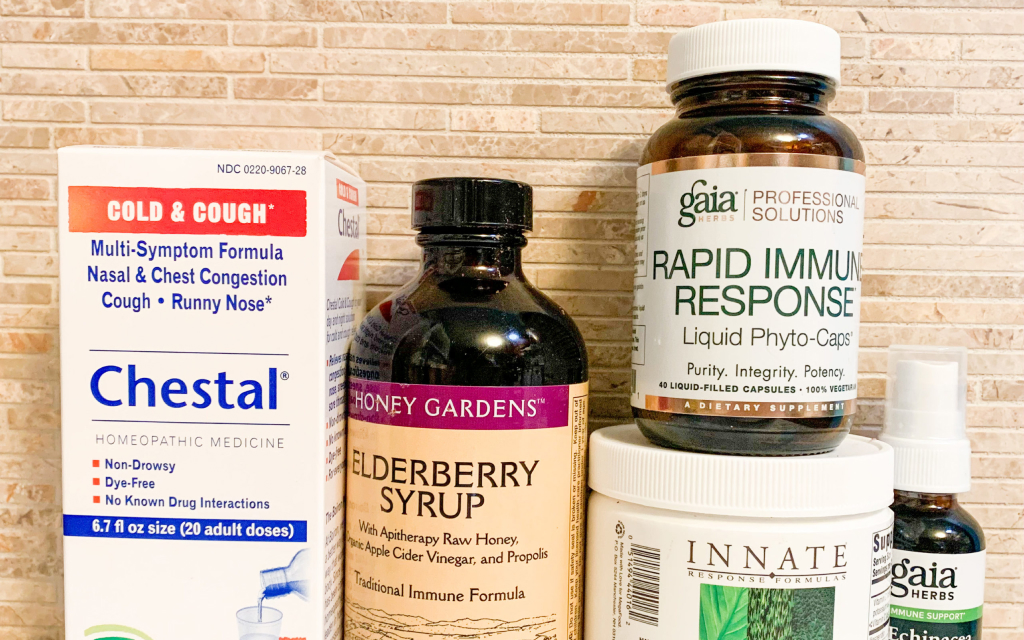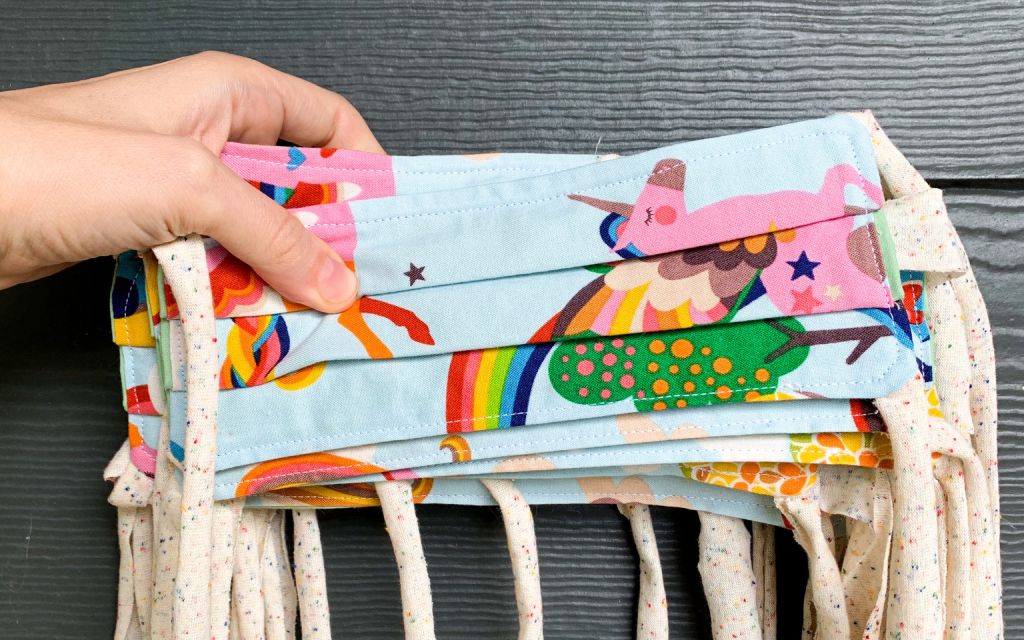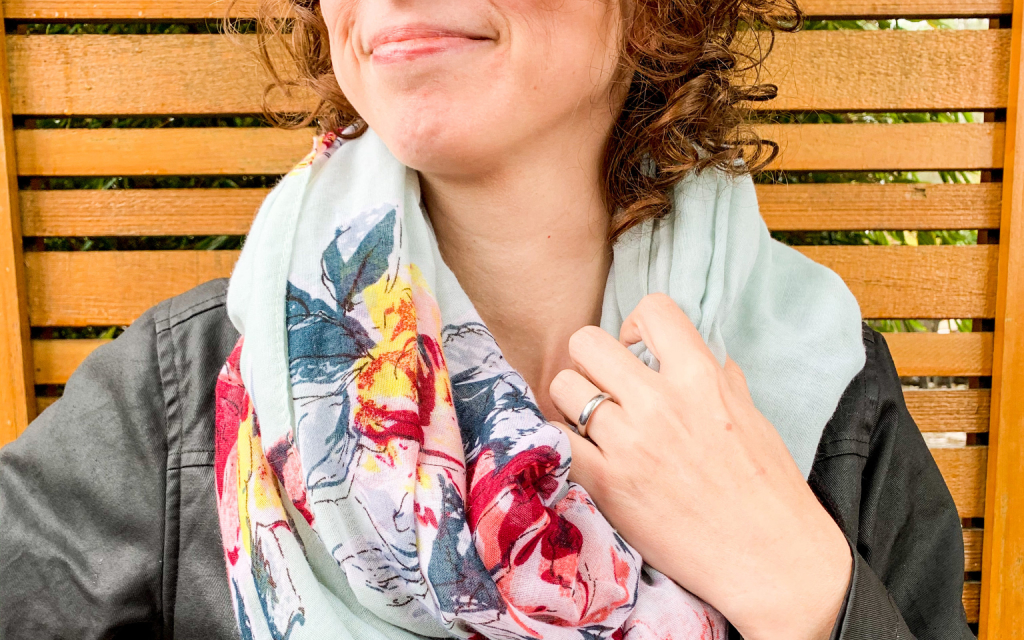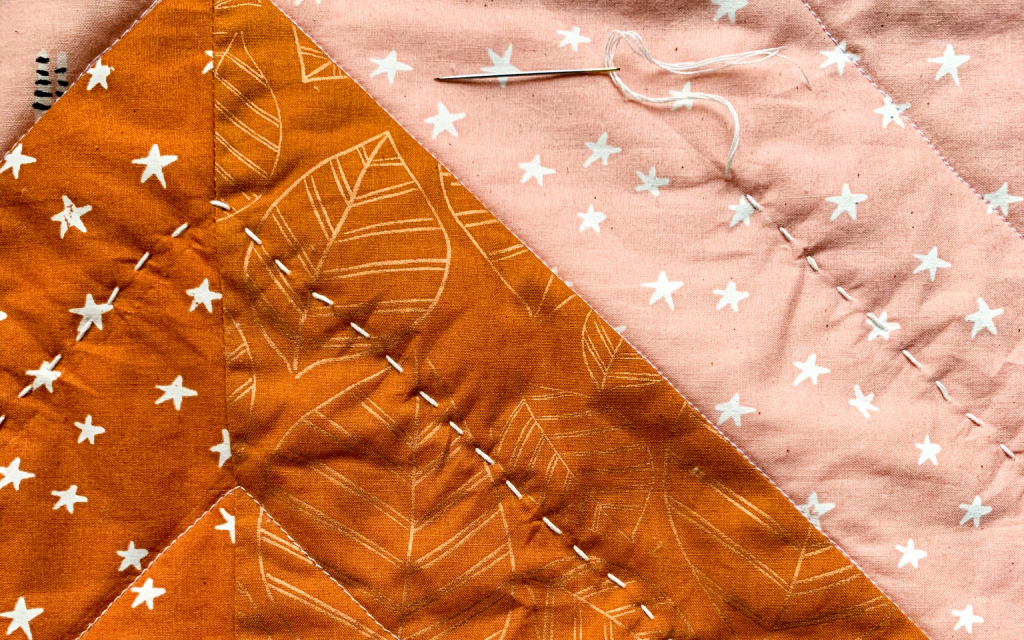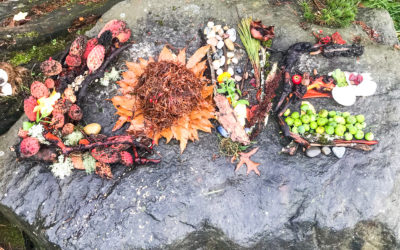The Best of
2020 Special Edition
Take on the challenges of this year with extra guidance and support specific to COVID and anti-racism.
Coronavirus and the Importance of Terrain
Discover a Critical Variable for Understanding Your Risk
How to Manage Guilt During Quarantine
Learn to Care for Your Mental + Emotional Health
Support Your Lung Health Through Chinese Medicine
Boost Your Immune System + Vitality with These Tips
4 Strategies for Staying Engaged in Important Conversations
Learn How to Soothe Your System so You Can Stay Present + Grow
More on 2020 Special Edition
What Was the Most Difficult Part of 2020? The Unacknowledged Reality of the Year of Our Personal Development
Last year a patient asked me what I thought the most difficult part of 2020 had been. I immediately knew what I’d say but I was hesitant to share.
I don’t think the hardest part of 2020, and now 2021, has been the pandemic. Nor was it the extremely necessary social upheaval we’ve experienced with the Black Lives Matter movement. It also wasn’t the feeling of unrest that blanketed the nation last September and October around the election or the vaccine mandates being rolled out.
These events have precipitated, highlighted, and magnified my deepest concern.
4 Strategies for Staying Engaged in Important Conversations Learn How to Soothe Your System so You Can Stay Present + Grow
With all of the deep unrest we’re experiencing around the role of police in our society, and the need for justice, safety, and equity for Black people PLUS a light dollop of COVID concern, I find my nervous system overstimulated and fatigued simultaneously.
Many with chronic health conditions are used to the peaks and valleys of the healing process and the deep personal work it takes to find and address the root cause.
We are now being asked to do this kind of work on a societal and global level.
It’s incredibly necessary that we stay engaged and do the work to bring about change, but it’s also exhausting.
Here are a few tips to help you cope as we move through this year that the history books will remember.
How to Manage Guilt During Quarantine Learn to Care for Your Mental + Emotional Health
A few weeks ago I wrote a little blurb for an article about how to best handle these quarantine times, or as I like to say now, quarantimes.
While other practitioners talk about diet and exercise, I chose to focus on mental health because that’s by far the most prominent issue I’ve been witnessing in my practice.
People are scared and anxious, but the most common emotion I've observed is guilt.
Many of my patients feel terrible for being annoyed by the restrictions placed on their lives while others are facing a potentially life threatening illness, the death or sickness of loved ones, job loss, business collapse, and much more.

